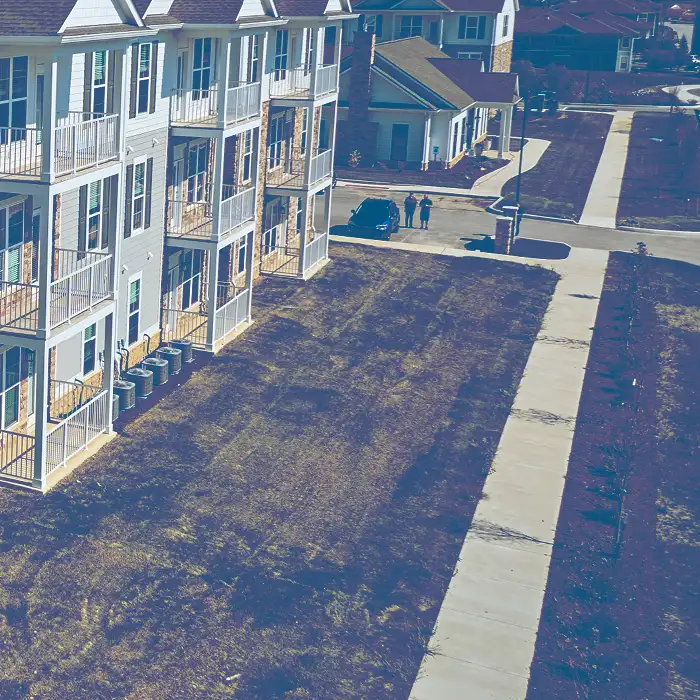A nonprofit corporation whose purpose is to own and maintain land as a manufactured home community accommodating 60 manufactured homes in Asheboro, Randolph County, North Carolina is not eligible for a property tax exemption under the nonprofit exemption statute because the providing of land for manufactured home owners is not the same as “providing housing” for individuals or families with low or moderate income.
This was the ruling of the North Carolina Court of Appeals from earlier this year, affirming the denial of the tax exemption by Randolph County and the North Carolina Property Tax Commission.
The Court’s decision (Case No. COA 23-728, filed 19 March 2024) noted that the single issue of law raised in the appeal was the definition of the phrase “providing housing” as used in the property tax exemption statute and the exemption provided for “[r]eal and property owned by . . . [a] nonprofit housing organization providing housing for individuals or families with low or moderate incomes[.]” The statute at issue is North Carolina General Statutes Section 105-278.6(a)(8).
Oak Meadows Community Association applied for the exemption for the 3.74 acre property it owned to provide manufactured home sites to residents who owned the manufactured homes. The County, the Tax Commission and the Court all concluded that Oak Meadows, as an owner of land alone, was not “providing housing” to the residents of the community, and that the “land alone is insufficient to house an individual or family.”
The Court of Appeals noted that a taxpayer bears the burden of proving that its property is entitled to an exemption under the law. In this case, Oak Meadows did not meet its burden of entitlement to an exemption. The Court ruled that the term “providing housing” should be interpreted in accord with “its natural, approved and recognized meaning” and dictionary definitions to determine the “ordinary meaning of words within a statute.” The Court noted that “‘[h]ousing is defined as: ‘Structures built as dwellings for people, such as houses, apartments or condominiums.’” Supplying real property, or land only, is not the same as “housing” and “land alone is insufficient to house an individual or family.”
Ellinger Carr lawyers represent nonprofit clients and we have for many years advised and assisted clients with many successful submittals and approvals of nonprofit property tax exemption applications for apartment complexes providing rental units and serving low and moderate income tenants, as contemplated by the exemption statute and as interpreted by other North Carolina Court of Appeals decisions. Let us know if you need our advice and assistance with an affordable housing transaction and a property tax exemption application.

